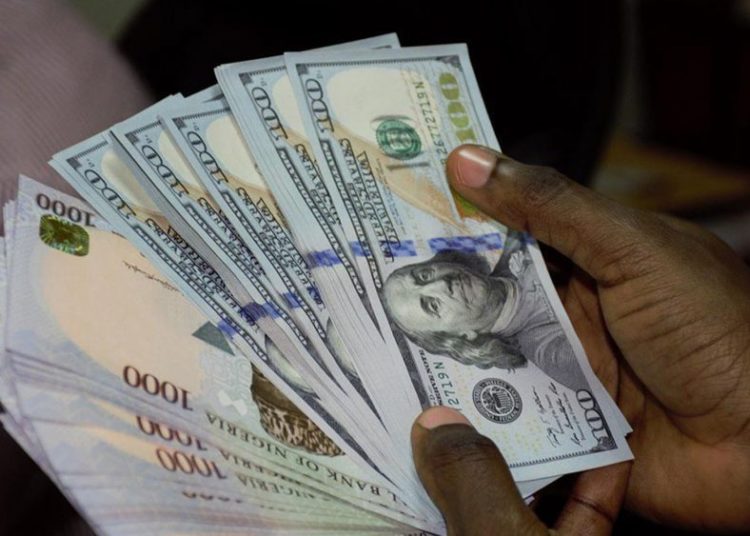With the World Bank estimating that about 15 to 20 million Nigerians will be impoverished by 2022, there is the need to leverage social capital to boost the informal economy by working to lift 100million Nigerians out of poverty in 2030.
Speaking with LEADERSHIP Weekend, the founder, Mamamoni Initiative, Nkem Okocha, said, one of the biggest barriers to economic equality is access to finance, making financial inclusion a necessary condition for development and poverty alleviation.
To her, access to savings mechanisms, and the ability to, send and receive payments, allow people to become a part of the formal financial system and take part in financial services like, loans, remittances, and insurance which in turn can provide more opportunities for economic growth.
By Increasing access to loans and grants, she said, this will impact on the economic well-being, encourage the growth of microenterprises and also improves the levels of trust in government and financial service providers.
While listing some of these empowerment initiatives, she said, Mamamoni initiative which is targeted at empowering low income women and giving them access to funds and skills so they can lead more successful lives.
Since it was established, she said, Mamamoni initiative has continued to empower and support Nigerians by providing access to interest and collateral free loans for micro-enterprises.
“Regardless, initiatives like these have real life impact in the lives of Nigerians. Umaru Abubakar, a fruit seller, recalls first hearing about the GEEP micro-credit programmes on the radio, he was then approached by facilitators. At first, he was sceptical and thought it was an attempt to defraud, but after signing on the micro-loan scheme, it has helped grow his business, equipping him to better sustain his family.
“Many beneficiaries reported being surprised to receive their loans so soon after registering, a sign that the initiative is gradually restoring some of the trust in government and financial services,” she pointed out.
She called on the artisans, SMEs and entrepreneurs to subscribe to these initiatives to fund and expands their businesses, thereby, able to employ the unemployed Nigerians, hence, creating jobs, leads to poverty reduction and wealth creation in the process.
While acknowledging the gravity of the situation, one of the high-level goals is to lift 100 million Nigerians out of poverty by 2030. This, he stressed, means that all policies designed will revolve around innovative solutions to alleviate the nation’s poverty problem.
“In the same vein, in Q3 2020, the CBN, developed a framework to advance women’s financial inclusion, a key component is expanding digital and financial literacy programs for low-income women. Increasing women’s access to financial services is important because their spending has a direct impact on development,” she pointed out.
Recognising the role of the private sector, she said, Mamamoni Initiative has designed a mechanism that empowers low-income women with funds, knowledge and jobs to ensure they have better and sustained chances of living more prosperous lives.
Hundreds of women who are the primary providers for their families, she noted, were faced with impossible circumstances at the onset of the pandemic and have benefited from the firm’s interventions.
“The impact on development might seem insignificant but as capacity grows on both side of financial service providers like Mamamoni and also on the part of beneficiaries, tangible progress is inevitable to break the barriers to poverty alleviation,” she pointed out.
We’ve got the edge. Get real-time reports, breaking scoops, and exclusive angles delivered straight to your phone. Don’t settle for stale news. Join LEADERSHIP NEWS on WhatsApp for 24/7 updates →
Join Our WhatsApp Channel










